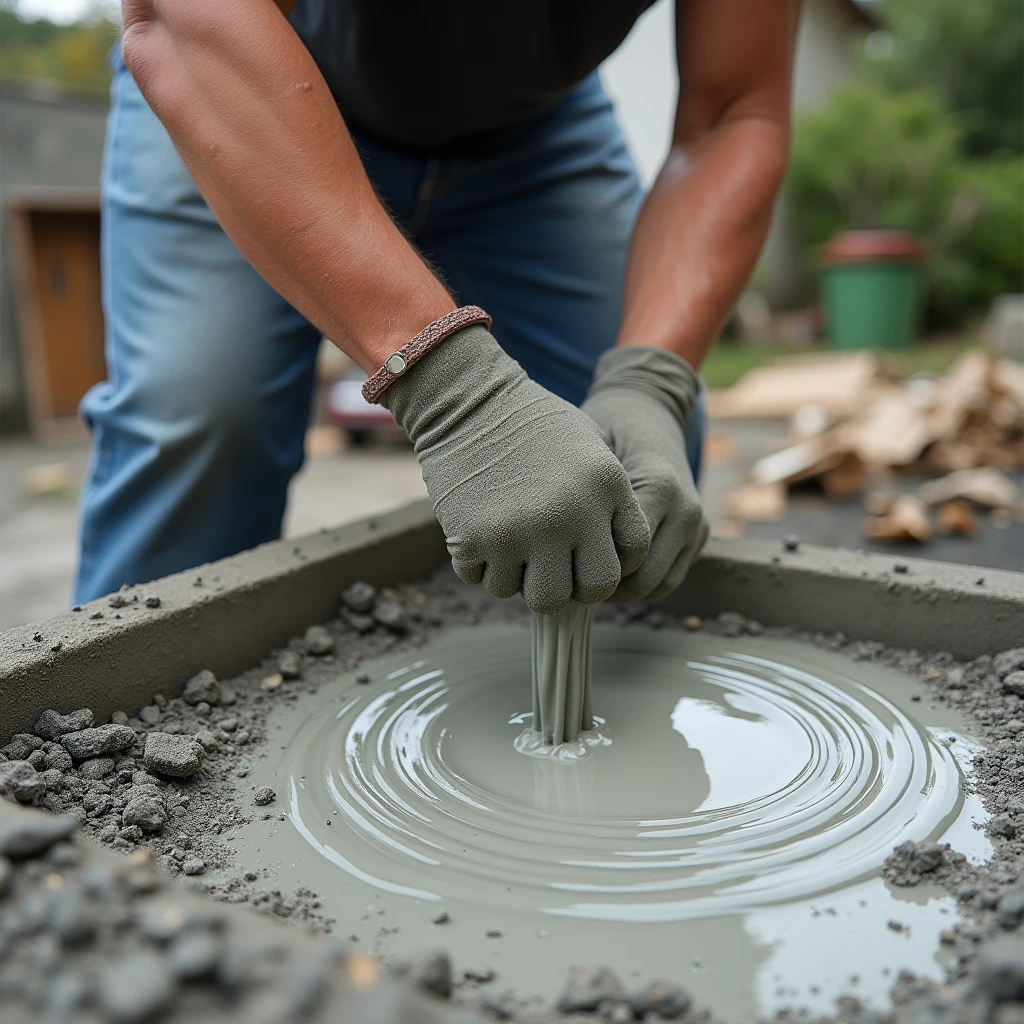24 Hours A Day 7 Days A Week

When you’re planning a concrete project in Barrie, Ontario, timing can make all the difference. Spring and early fall present the most favorable conditions for successful installations, thanks to moderate temperatures and moisture levels. However, you might want to think twice about summer and winter, as they come with their own set of challenges that could impact your results. To navigate these seasonal variances effectively, understanding the local climate is crucial. What specific factors should you consider to ensure your project runs smoothly?
Understanding Barrie’s Climate for Concrete Work
Barrie’s climate, with cold winters and warm summers, plays a significant role in determining the best time of the year to pour concrete. Cold weather can complicate the curing process, making it risky to pour concrete in cold temperatures. On the other hand, hot weather can cause the concrete to set too quickly, leading to potential issues like cracking. To ensure your concrete project is successful, you need to consider these weather variations and choose the optimal time to pour concrete.
In winter, temperatures often dip below freezing, which can lead to complications in curing concrete. If you attempt a pour during this season, you risk the integrity of your project. The snow and ice can also hinder accessibility and preparation.
Spring brings a mix of rain and rising temperatures, which can be unpredictable. While it offers an opportunity to start fresh projects, be aware of potential delays due to wet conditions.
Summer provides the warmest temperatures, ideal for concrete curing, but high humidity can pose challenges, like rapid evaporation.
Fall also presents favorable conditions, with milder temperatures and less rain.
Spring: Best Time of The Year
Why consider spring for your concrete projects in Barrie?
Spring offers the perfect blend of moderate temperatures and increased sunlight, creating ideal conditions for concrete work. As the chill of winter fades, daytime temperatures typically range between 10°C and 20°C, which is excellent for concrete curing. When you pour concrete in these conditions, you reduce the risk of cracking and ensure a strong, durable finish.
Additionally, moisture levels tend to stabilize in spring. You’re less likely to encounter the heavy rains of summer, which can delay projects or compromise the integrity of your mix. Spring also means the ground is thawing, making it a prime time to prepare your site without the complications of frost.
Moreover, starting your projects in spring allows you to take full advantage of the summer months for curing and finishing touches. You can enjoy your newly installed driveway or patio all summer long.
Planning ahead and scheduling your concrete work during spring sets you up for success, ensuring your project is completed efficiently and effectively.
Summer: Hot Weather Pros and Cons
Summer presents a unique mix of ideal conditions and potential challenges for your concrete projects in Barrie.
On the plus side, warm temperatures and longer daylight hours allow for quicker curing times, which means you can complete your project sooner. The dry weather often leads to fewer interruptions, making it easier for you to plan and execute your work without delays.
However, summer heat can also create issues. High temperatures may cause the concrete to set too quickly, leading to cracking or inadequate strength if not managed properly. You’ll need to pay close attention to hydration, ensuring the mix doesn’t dry out too fast.
Additionally, summer storms can be unpredictable, so keeping an eye on the forecast is crucial to avoid disruptions.
Fall: Preparing for Winter
As the leaves change color and temperatures begin to drop, fall becomes an essential time for prepping your concrete projects in Barrie before winter sets in. The cooling weather provides a perfect opportunity to complete projects that will be protected from the harsh winter elements.
During fall, you can take advantage of favorable conditions for curing concrete. The moderate temperatures help in achieving optimal strength and durability. Make sure to pour your concrete early enough to allow proper curing before the first frost arrives. You don’t want your hard work compromised by freezing conditions.
This is also a great time to assess any existing concrete surfaces that need repair. Cracks and damage can worsen in winter, so addressing these issues now will save you time and money later. Make sure to seal any surfaces to protect them from moisture and prevent freeze-thaw damage.
Additionally, consider landscaping and drainage solutions to divert water away from your concrete during winter months. By preparing your projects in the fall, you’ll ensure they’re in excellent condition to withstand Barrie’s cold and snowy winters.
Winter: Pour Concrete in Cold weather
Winter presents unique challenges for concrete projects in Barrie, requiring careful planning to ensure successful outcomes. The cold temperatures can significantly affect the curing process, leading to weak concrete if not managed properly. You’ll need to consider using heated enclosures or thermal blankets to maintain a suitable temperature for curing.
Another challenge is the potential for snow and ice, which can hinder accessibility and safety at your job site. Make sure to keep the area clear and consider using de-icing agents that won’t harm the concrete.
You should also think about the mix you’re using. Using a high-performance concrete mix designed for cold weather can help improve strength and durability. Adding accelerators can help with setting times, ensuring your project progresses smoothly despite the chill.
Conclusion
In Barrie, the best times for concrete projects are spring and early fall, thanks to their ideal temperatures and moisture levels.
These seasons help ensure your concrete cures properly, giving you lasting results.
While summer can be unpredictable with heat and rain, fall allows you to prepare before winter arrives.
By planning your concrete work during these optimal times, you can avoid challenges and set your projects up for success.
So, mark your calendar for those key months!



